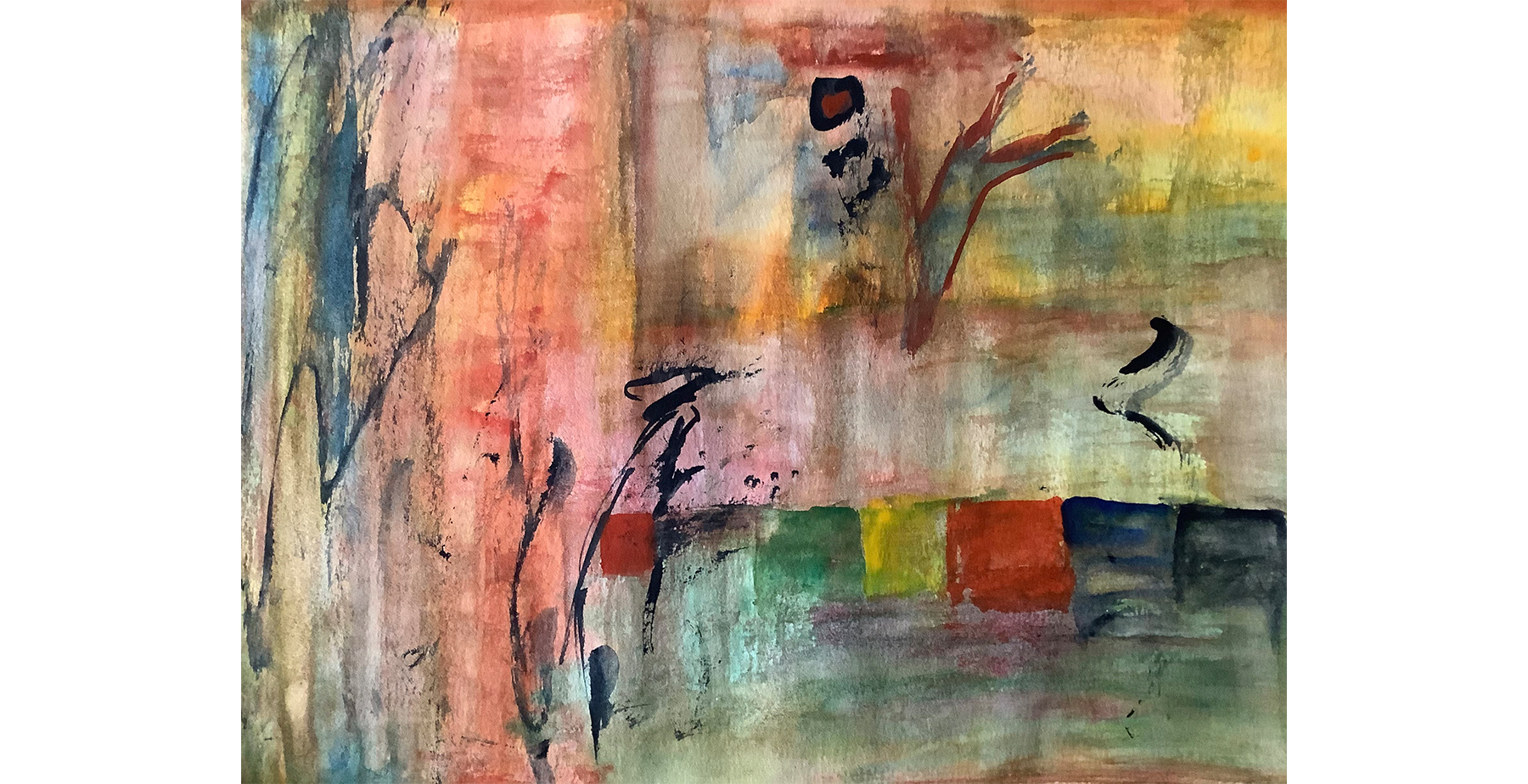‘Feast of the Ants’
Bhumika R
Aniya counted the empty boxes that once held flour, sugar, spices and lot else. Ten old, empty containers stood firmly on the wide kitchen shelf. A big, round plastic container still had around one kilo of wheat flour. Another small square shaped box had around five hundred grams of rice. Stepping out and purchasing food was a thing of the past. A dusky coloured, lean bodied woman in her thirties looked aged and nervous. She twitched her face slightly almost unknown to herself. Tears that no one any longer cared about because everyone cried such tears now.
An old man in her neighbourhood had stood in his narrow balcony and had cried rather noiselessly barely two days ago. The previous evening, a chirpy woman who lived in her opposite flat had silently sobbed. Continuous, noiseless tears dripped into Aniya’s tea cup that was barely full. She now cried with her legs stretched on the kitchen floor. Salt—two hundred grams was still left she thought and then a few spoons of tea leaves and jaggery too. ‘If I can stretch it upto a month, it might be enough to survive’, she thought. A bowl of watery rice gruel or one flatbread once a day and tea once in two days.
Aniya’s family, friends had always joked about her obsession with tea. Varieties of tea leaves lay in her kitchen shelves till the day people around began to disappear as if into the air. Very soon, every market had run out of food stocks. She no longer cared about having tea once in two days. It didn’t matter much. Everyone who still lived somehow just about managed to push through each day.
Three flats and three humans remained now in her half charred flat complex. Tears and death did not receive any comfort from those who were still surviving. It was routine and hardly few still had life pulsing through them. Tears and death lived alongside those who few who had survived. So, when people cried, it was simply a routine.
Her legs stretched on the kitchen-floor, Aniya cried. She no longer cared if her grocery would soon run out. Once she runs out of groceries, there would not be anything else nor any place where she could rush to restock her supplies. She smiled thinking that the jars and containers would get used to the emptiness.
She smiled at the black and orange coloured ants, which were slowly marching in neat, straight lines on the floor of her living room, kitchen and veranda. They were focused or at least they appeared so, as they marched slowly across every corner of Aniya’s flat. Barely few months ago these same ants had made her angry her when she found out that they had swarmed into her sugar tin, biscuits and snacks which she had purchased barely a day ago from a supermarket. But now these ants would soon be happy. A feast was on its way and she knew they were eagerly awaiting their feast.
—
Artist’s Note: I believe that writing heals scars and allows one to mock authority in a subtle, yet powerful manner. Personally, creative writing is my strategy to deal with anxiety, and tell stories that I feel might be difficult to articulate in academic writing.
As an adolescent, I churned out a couple of poems which happened to get published in the children’s supplement of a newspaper. I now wonder how and why those childish poems were published. My mother’s kindness and encouragement as well as the support I received from my two high school teachers during my early years are partly the reason why I find my solace in creative writing.
After a fairly long interval, I resumed creative writing as a PhD scholar at JNU. It was the time when JNU was being viciously targeted and a sense of helplessness, combined with anger and sadness led me to scribble a poem, which was my way of offering resistance. I later read that poem at an open mic platform. I write poetry and short stories every now and then. The themes and concerns in my writing focus on the monotony of modern urban life, the meaningless existence of our times, people whose lives are disrupted by oppressive forces but refuse to give up and fight back, and the masks of hypocrisy that most of us wear in everyday lives.
The sense of loss, emptiness and slow, anguished death of humanity seen in the story ‘Feast of the Ants’ is in some sense connected to a novel I have been struggling to write for the last three years.
Bhumika R completed her PhD from the Special Centre for the Study of Northeast India, Jawaharlal Nehru University(JNU), New Delhi in 2019 and has worked as an Assistant Professor of English in the School of Humanities & Sciences at Shiv Nadar University Chennai, Jain (Deemed to be) University, Bangalore and as a language instructor in the Department of Humanities & Social Science, IIT Jammu. Currently, she teaches at the Shri Mata Vaishnodevi University in Kakryal, J&K. Besides her academic publications in various reputed journals and edited volumes, she has contributed articles to Cafe Dissensus every day, The Hindu and Deccan Herald. She also writes poetry and short fiction in English. Some of her poems have been published in the Visual Verse, IACLALS newsletter and platocavesonline. Her short stories have been published in the borderlessjournal and eastindiastory. She also translates poetry and fiction from Kannada into English.
Illustration – Arti Malik


1 thought on “”